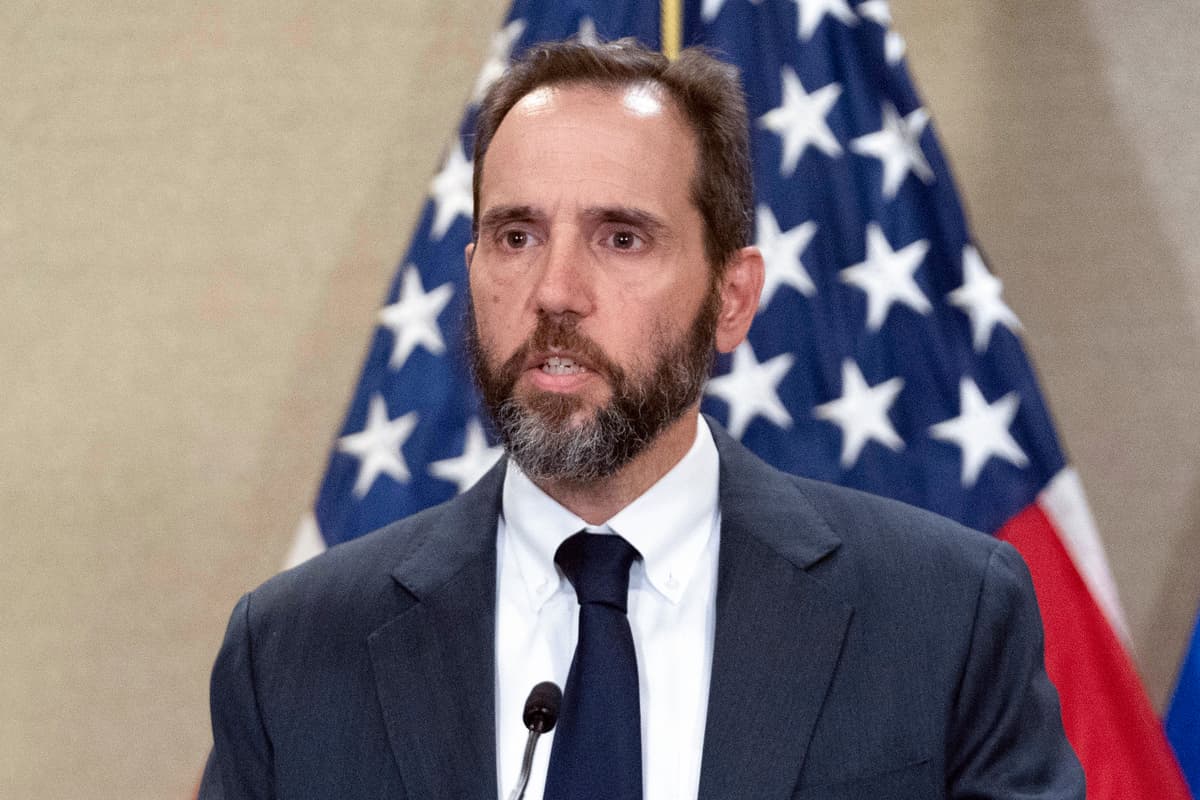Could Jack Smith Simply Hit Pause on His Prosecution of Trump and Resume His Pursuit in Four Years If Democrats Reclaim the White House?
A dismissal ‘without prejudice’ could preserve the charges until the president-elect is no longer in the White House.

Could Special Counsel Jack Smith keep alive his two prosecutions of President Trump for another four years? That is one question that emerges amid reports that the special counsel intends to wind down the cases against Trump for election interference and retaining secret documents at Mar-a-Lago.
Mr. Smith has until December 2 to inform Judge Tanya Chutkan and the 11th United States Appeals Circuit of his intentions. That date was Mr. Smith’s suggestion, and was subsequently granted by the trial and appellate courts.
A login link has been sent to
Enter your email to read this article.
Get 2 free articles when you subscribe.

